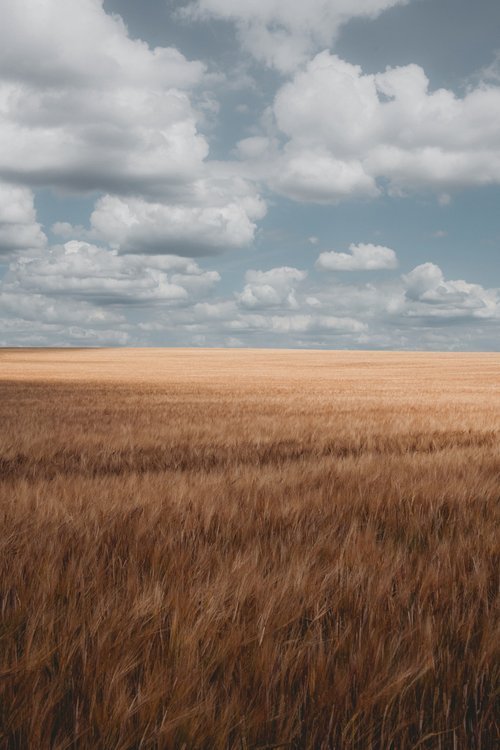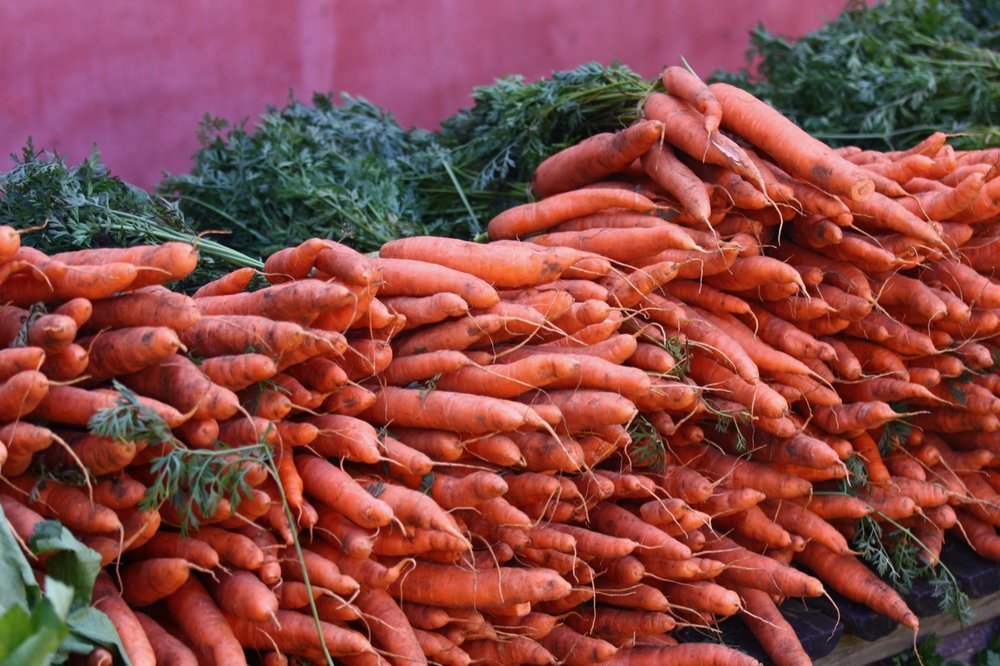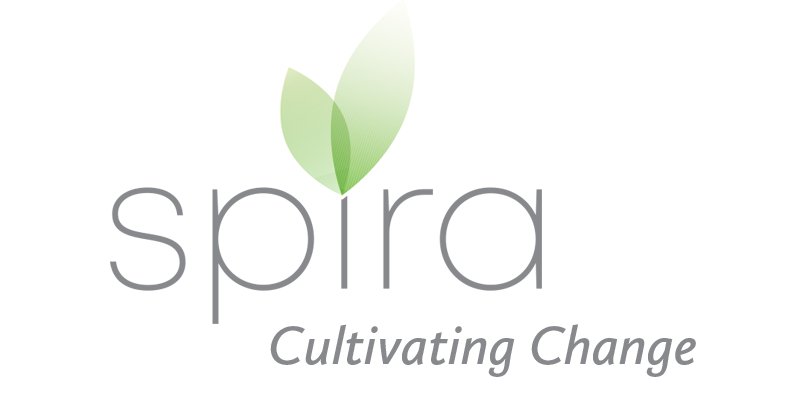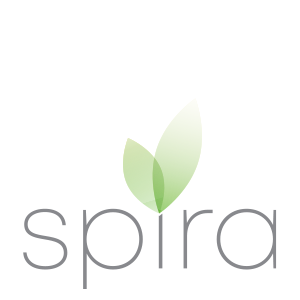
Recipe for food crises: war, Covid, and climate change
The UN warns of multiple, looming food crises. These, it says, are driven by conflict, climate shocks, the fallout from the COVID-19 pandemic, and massive public debt burdens - exacerbated by the ripple effects of the war in Ukraine which has pushed food and fuel prices to accelerate in many nations across the globe. So how does this all fit together?

Food at the heart of climate change
Emily King’s latest essay on food systems argues why we need to put food at the heart of climate change.
COP26, Glasgow, 2021: A code red for humanity. New Zealand needs to rethink it’s approach to climate change.

Labels are coming
From 12 November 2021 country of origin food labeling is mandatory in New Zealand on fruit, vegetables, meat and some fish. Find out what you need to do as a food business to be ready for this.

What the IPCC Climate Change & Land report means for food business and policy
The release of the IPCC report on Climate Change and Land last week is the third big global report for our sector to come out this year. Far more factual than the EAT Lancet report, the IPCC doesn’t hold back on the state of land use around the world.
What does this mean for New Zealand food businesses? And policy makers? Read on.

Plastic free July - what does it really teach us?
Plastic Free July has wrapped up again this year and we unpack what going plastic free really means for food businesses and consumers. 72% of New Zealanders consider plastic waste their top environmental issue in 2019. Are you listening to them as a food business? Read on, for both consumers and businesses.



